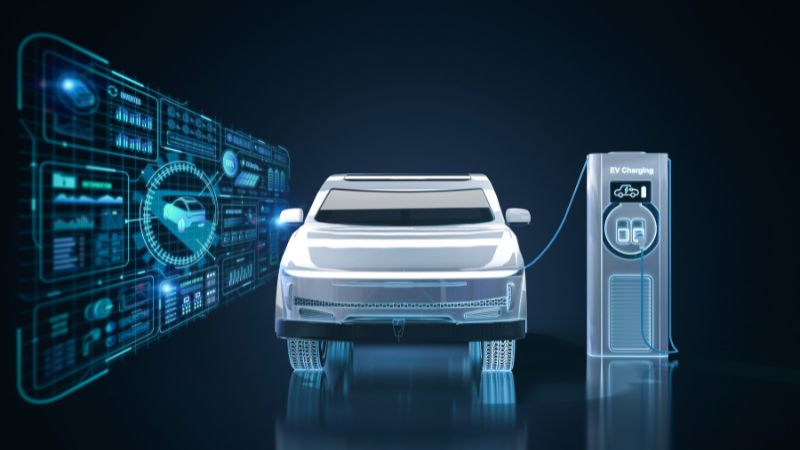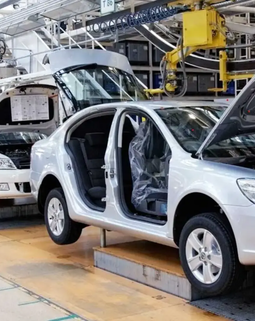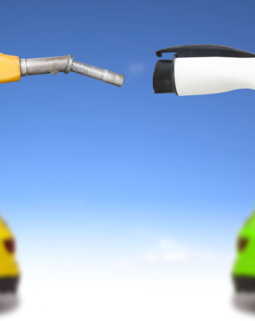While still in their early stages, electric vehicles Bangladesh are beginning to make their presence felt, slowly but surely transforming the country's automotive landscape. Driven by a combination of government initiatives, environmental concerns, and increasing global availability, EVs are poised to play a more significant role in Bangladesh's transportation future. This article examines the current state of the EV market, the challenges, and the potential for growth.
Current State of the EV Market in Bangladesh
The EV market in Bangladesh is currently nascent, with a limited number of models available and relatively low overall sales compared to traditional gasoline or diesel vehicles. Several factors contribute to this:
-
High Initial Cost: EVs are generally more expensive to purchase than comparable internal combustion engine (ICE) vehicles, primarily due to the cost of battery technology. This price difference is further amplified by import duties and taxes.
-
Limited Charging Infrastructure: The lack of widespread and reliable public charging infrastructure is a major barrier to EV adoption. While some charging stations exist in major cities like Dhaka, they are still insufficient to support a large EV fleet.
-
Range Anxiety: Potential buyers worry about the limited range of EVs and the availability of charging stations on longer journeys.
-
Lack of Awareness: Many consumers are still unfamiliar with EV technology and its benefits.
-
Import dependency:
Government Initiatives and Policies
The Bangladeshi government recognizes the potential of EVs to reduce air pollution and dependence on fossil fuels. Several policies and initiatives are being implemented to encourage EV adoption:
-
Tax Incentives: The government has offered tax breaks and reduced import duties on electric vehicles to make them more affordable.
-
Charging Infrastructure Development: Plans are underway to expand the charging infrastructure network across the country, with a focus on major highways and urban areas.
-
Promotional Campaigns: The government is working to raise public awareness about the benefits of EVs.
-
National Automobile Policy
Challenges and Opportunities
Despite the government's efforts, several challenges remain:
-
Affordability: Even with incentives, EVs remain out of reach for many Bangladeshi consumers.
-
Infrastructure Development: Building a robust and reliable charging infrastructure network will require significant investment and time.
-
Electricity Supply: Bangladesh faces challenges with electricity generation and distribution. Ensuring a stable and sufficient power supply to support a growing EV fleet is crucial.
-
Battery Technology: The cost, range, and lifespan of EV batteries are constantly improving, but they remain a key area for development.
-
After Sales Service:
However, there are also significant opportunities:
-
Reduced Air Pollution: EVs produce zero tailpipe emissions, which can significantly improve air quality in densely populated urban areas.
-
Lower Running Costs: Electricity is generally cheaper than gasoline or diesel, potentially leading to lower running costs for EV owners.
-
Reduced Dependence on Fossil Fuels: EVs can help Bangladesh reduce its reliance on imported fossil fuels.
-
Technological Advancement: As EV technology advances and becomes more affordable, adoption is likely to increase.
-
Local manufacturing:
Emerging Trends
-
Luxury EVs: High-end EVs like Tesla (though still very rare due to import costs) are generating interest among affluent buyers.
-
Two- and Three-Wheelers: Electric rickshaws and motorcycles are becoming increasingly popular, particularly for commercial use, due to their lower operating costs.
-
Locally Assembled EVs: There is some movement towards local assembly of EVs, which could potentially lower prices.
-
Used EV Market:
Electric vehicles Bangladesh are still a small part of the overall automotive market, but they represent a significant shift. Overcoming the challenges of affordability, infrastructure, and public awareness will be crucial for realizing the full potential of EVs in Bangladesh. As technology advances, government policies evolve, and consumer perceptions change, EVs are likely to play an increasingly important role in the country's transportation future.
What are your thoughts on the future of electric vehicles in Bangladesh? Share your perspective in the comments!





